[ad_1]
The Singaporean’s team had to organise and oversee freight contracts to a value of about US$500 million, a task often complicated by fluctuating prices and geopolitical considerations.
“In terms of the job, it’s about managing the supply chain – and people – in challenging and interesting times,” says Anand, who originally trained as a lawyer, spent 15 years in maritime litigation, and made it to partner before deciding to pivot into the corporate world.
“I had in-depth experience in a certain area of the law, but I started asking myself if I wanted just that. As a partner, I also saw how lawyers manage a business and realised I wouldn’t have much visibility there.”
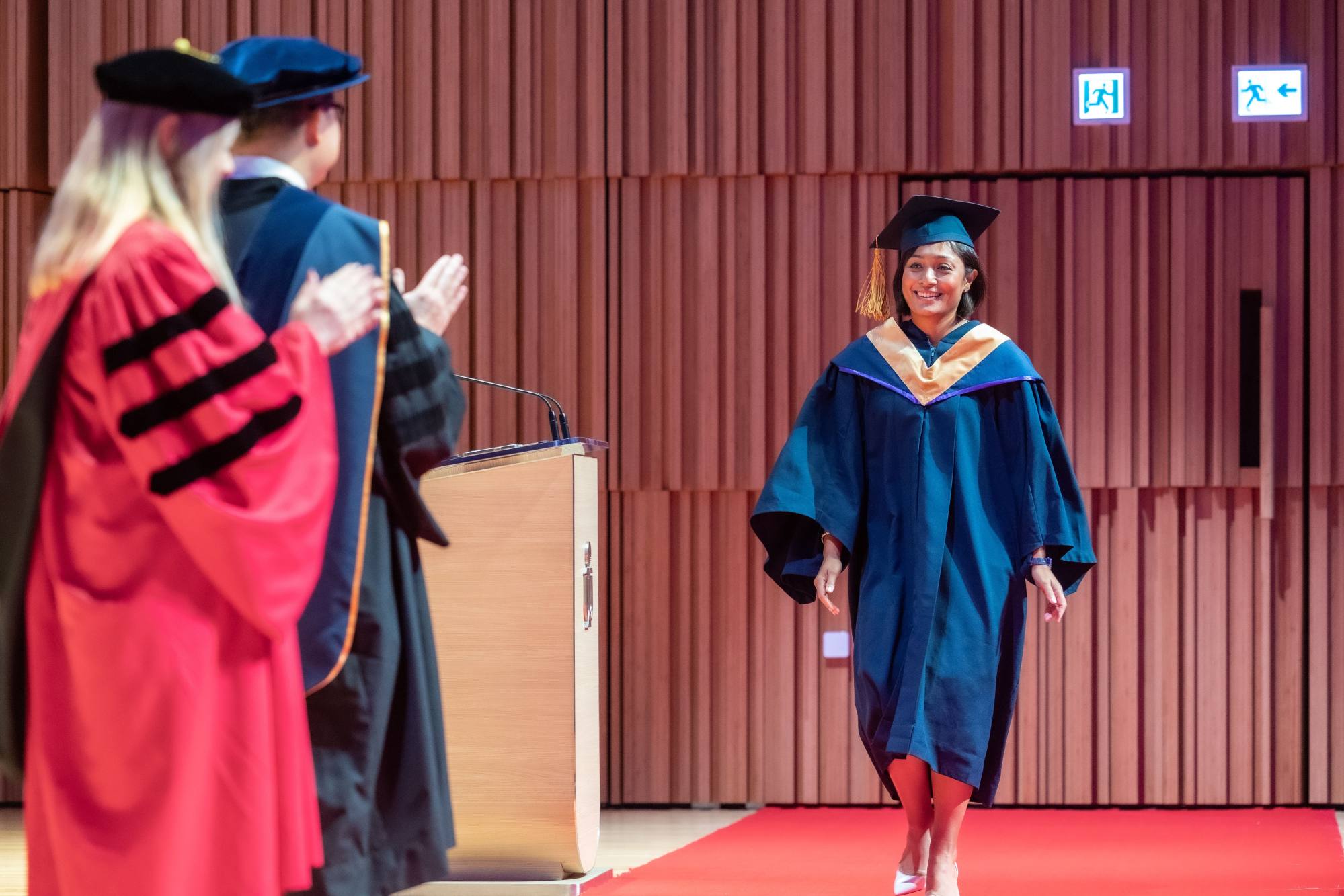
So taking the 18-month programme, built around in-person teaching over long weekends, made logical sense for her.
She says it was an ideal way for her to gain new skill sets and master subjects ranging from statistics to innovation and entrepreneurship, which would support the switch from an in-house position to a high-profile commercial role managing budgets and driving change.
“Some of the courses were real eye-openers for me,” says Anand, a member of the Class of 2020. She was fortunate in being able to complete core modules in Hong Kong and attend global electives in the US cities of Chicago and Miami and Portugal’s capital, Lisbon, before the world went into lockdown during the Covid-19 pandemic.
“I’m a senior female executive in an industry that has long been male-dominated,” she says. “The EMBA showed me the importance of ‘selling’ yourself and your ideas, and influencing other people along the way. I gained a lot from the courses on statistics, innovation and entrepreneurship, and that allowed me to bring ideas from the classroom into the business.”
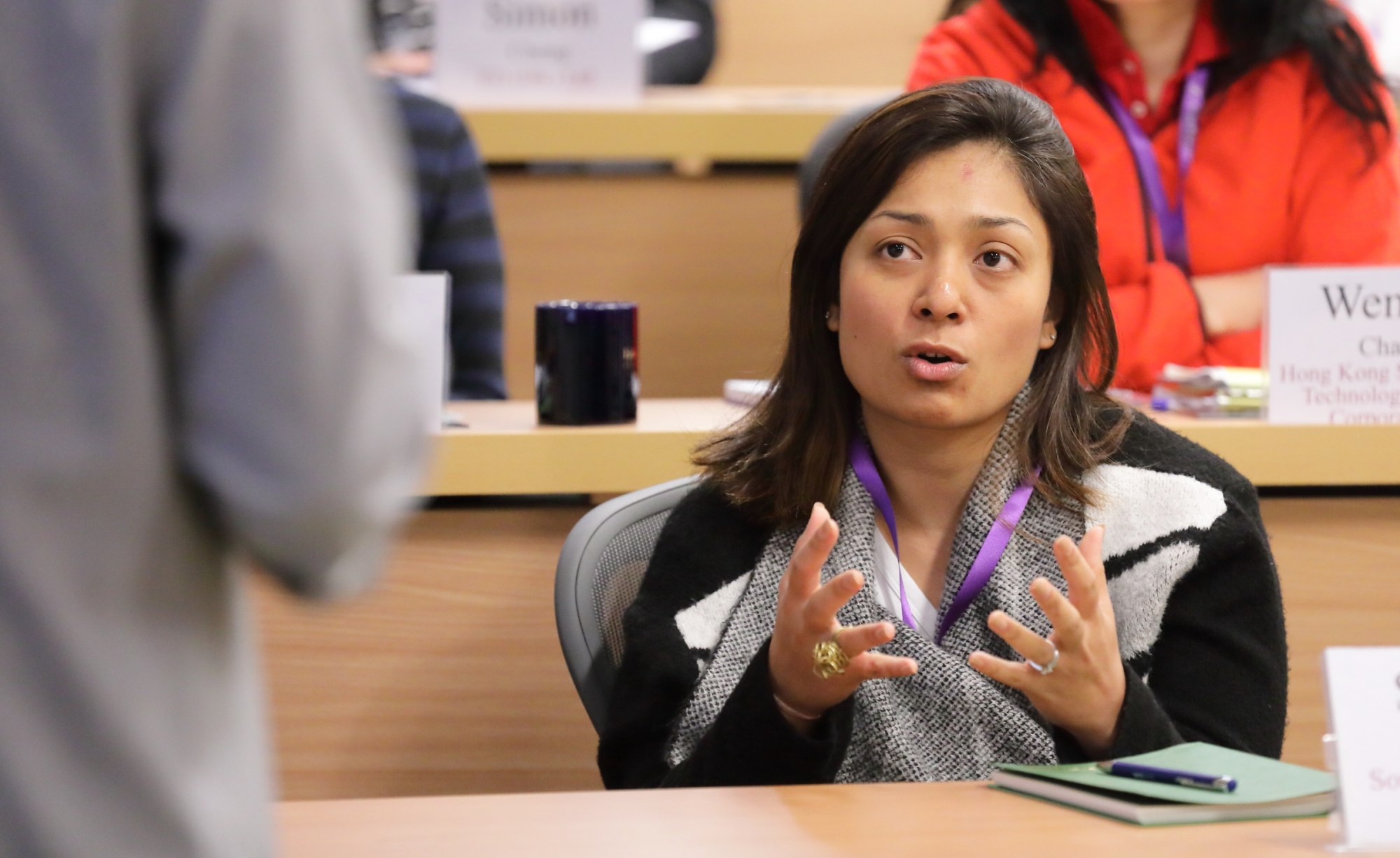
For Anand, Professor Milind Rao’s economics course on value investing also stood out for its engaging content and the style of teaching. Another personal highlight was the new sense of self-confidence that came from being listened to as a respected voice in discussions involving about 60 senior executives from diverse backgrounds and sectors.
“You have to navigate the cultural nuances, but you realise there’s so much experience in the room,” she says. “As I get more senior in industry, I hope to leverage the international network and encourage a new generation of talent to consider a career in my field.”
To mark its 25th anniversary this year, the programme has named a line-up of graduates as winners of various business categories in recognition of their professional achievements.
Describing himself as a “serial tech entrepreneur”, Federico Malek, winner of the programme’s Entrepreneur Distinguished Alumni Award, was also looking to instigate change when he applied to join the Class of 2022. In his case, a prime objective was to expand his business interests in Asia by first learning more about the region’s digital ecosystems and e-commerce platforms which, in many respects, are leading the world.
The veteran businessman from Argentina had already founded several start-ups and served in senior executive roles with both e-commerce marketplace Groupon and Iunigo, a fully integrated online insurance company and one of the first “insurtechs” in Latin America.
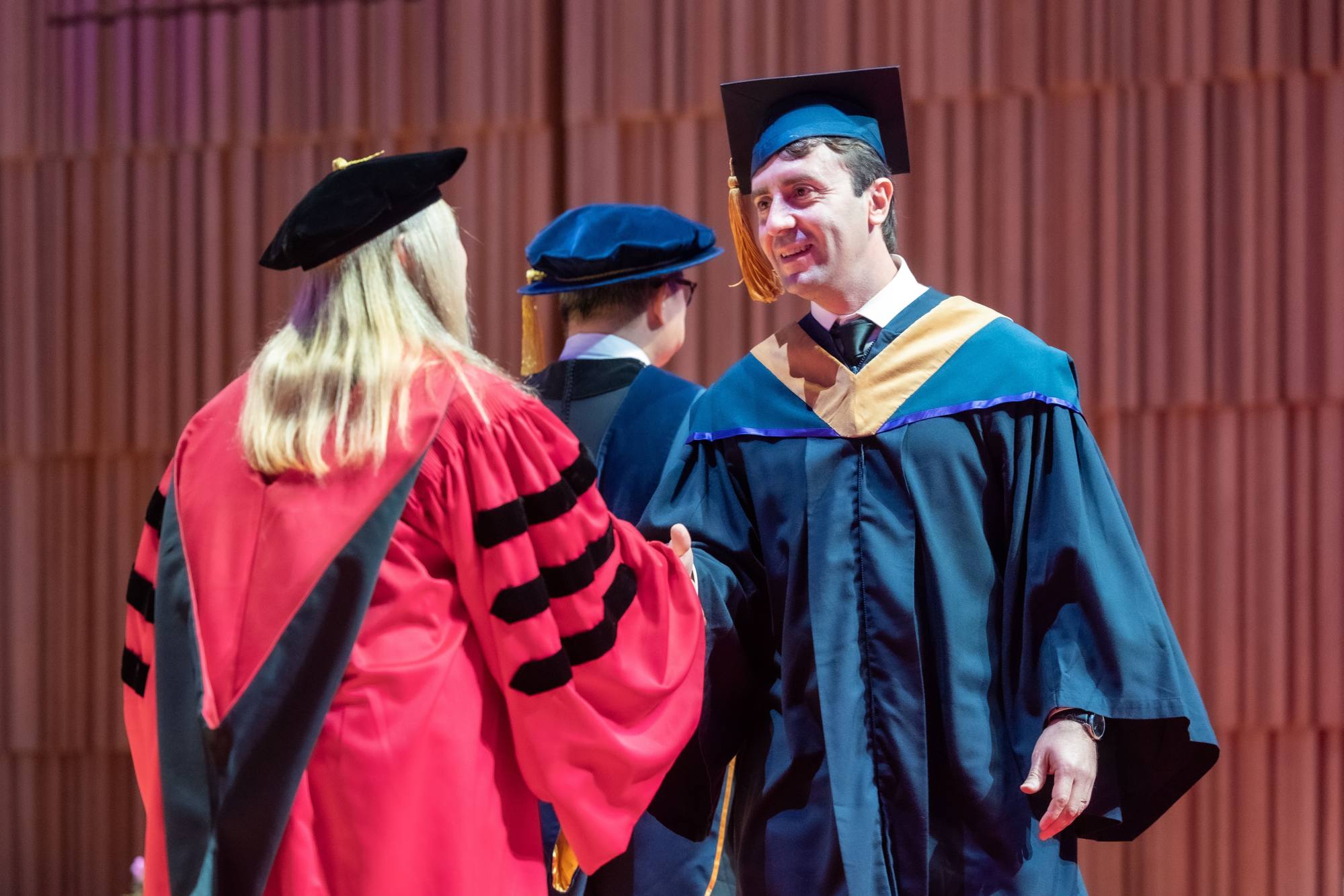
However, he knew there was more to learn and, after weighing up other programmes, chose the Kellogg-HKUST EMBA – attracted by its reputation, faculty members, courses, Hong Kong’s established status as a gateway to mainland China, and the chance to compare notes with enterprising classmates also looking to advance e-commerce and digitalisation initiatives.
“I wanted to extend my network to Asia and participate in a programme with senior peers,” says Malek, now based in Buenos Aires as chief executive and co-founder of Wonder Brands, a start-up which is acquiring promising digital brands in Latin America and consolidating them into one of the region’s fastest-growing consumer goods companies. “After analysing the options, I could see this is by far the best one.”
Being part of the “Covid cohort” presented inevitable challenges, but Malek decided to push ahead, taking classes virtually, rather than defer.
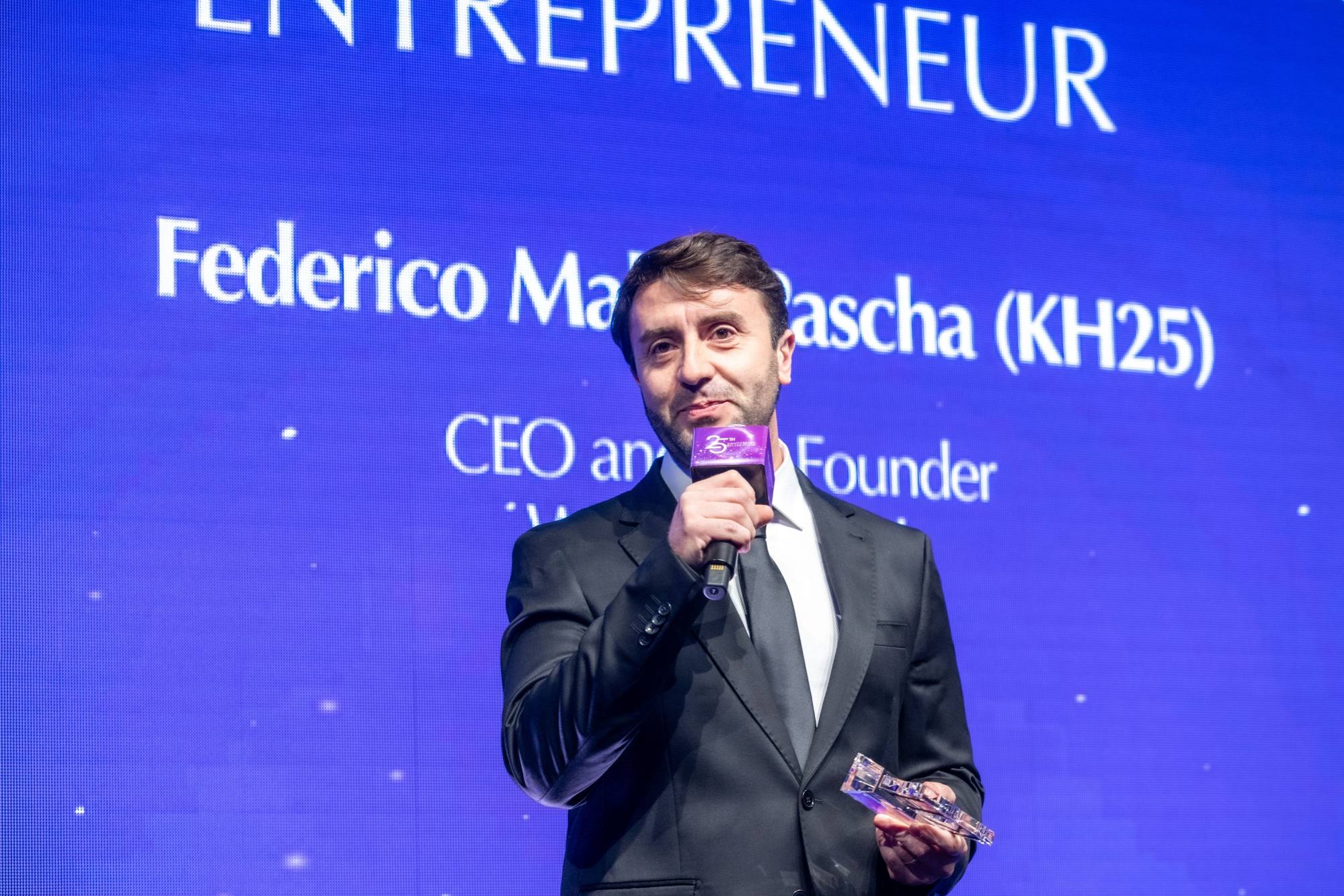
As the number of “a-ha moments” multiplied, he gained a new framework to review the last 15 years of his professional life and see problems from a completely different perspective.
In particular, Malek found the marketing courses “simply amazing” in the way they showed how to develop brand equity and awareness, while the emerging markets module taken in the Israeli city of Tel Aviv had a genuinely global dimension.
“When you start engaging in conversations about other industries, it really opens up your mind and your understanding of the world,” he says. “It is good to see how other companies resolve problems and, since Latin America is the fastest-growing e-commerce market and most of the products are sourced from Asia, I was able to build bridges.”
Gavin Edwards, a British and Canadian national and a member of the Class of 2011, who is the winner of the EMBA’s Sustainability Distinguished Alumni Award, also started the programme with clear ideas about effecting change.
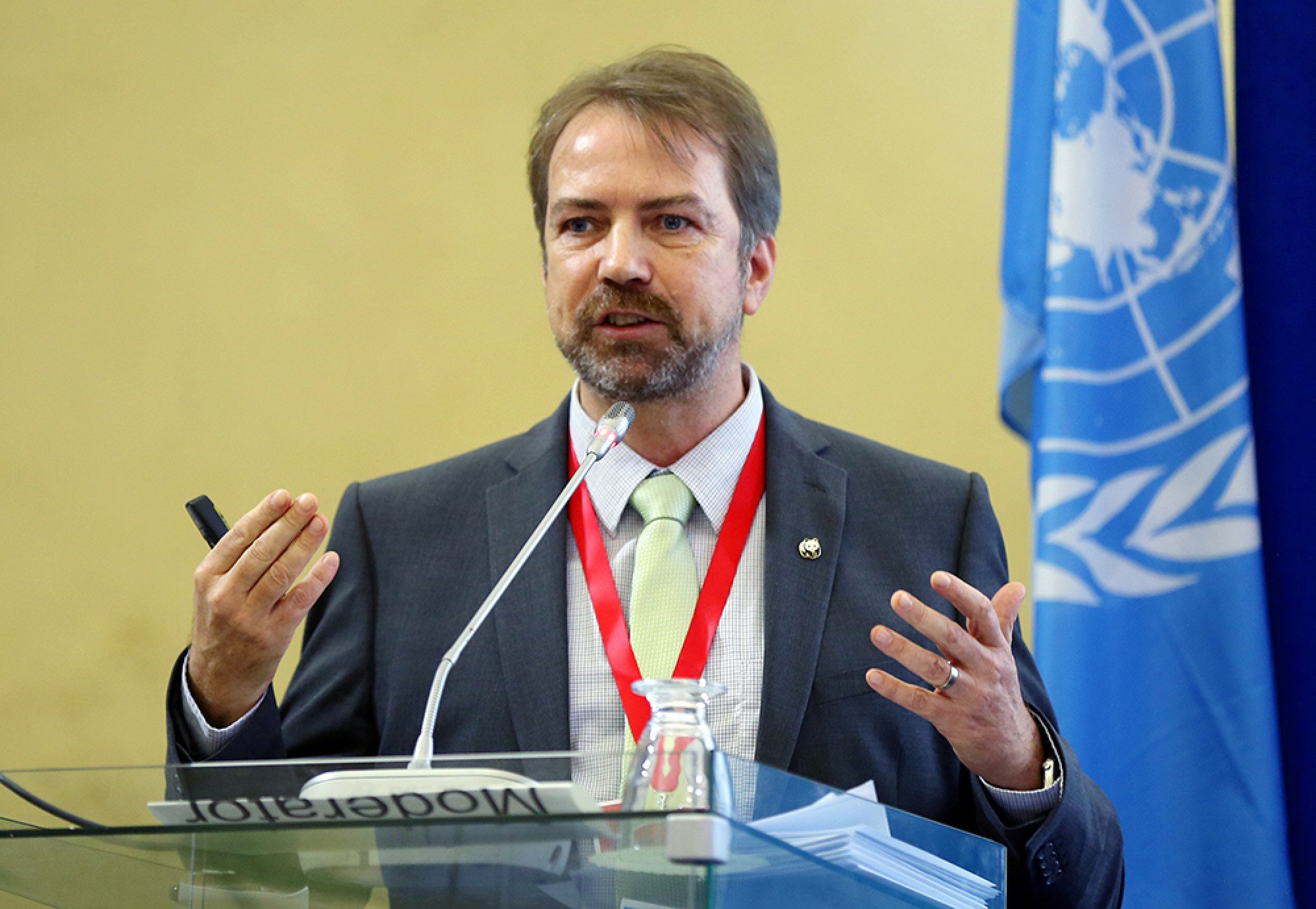
Committed to a career in environmental conservation and the non-profit sector, he nevertheless realised that, to have maximum impact, it was essential to understand how the business world operates and talk their language.
That has proved prescient because, in his current role as director of the Global Nature Positive Initiative, overseen by the global conservation body WWF International, he is engaging with big business to push care for nature up the global agenda, including the development of nature-positive business practices and a workable disclosure framework.
More than 195 countries have now agreed that nature should be in recovery by the end of this decade. But hard work remains in getting companies to stop practices that contribute to undermining nature at various points along the supply chain.
“In the non-profit sector, we need to be well-led and well-run, with good financial management in place, excellent staff, KPIs [key performance indicators] and focused objectives,” says Edwards, explaining his reasons for taking the programme in mid-career.
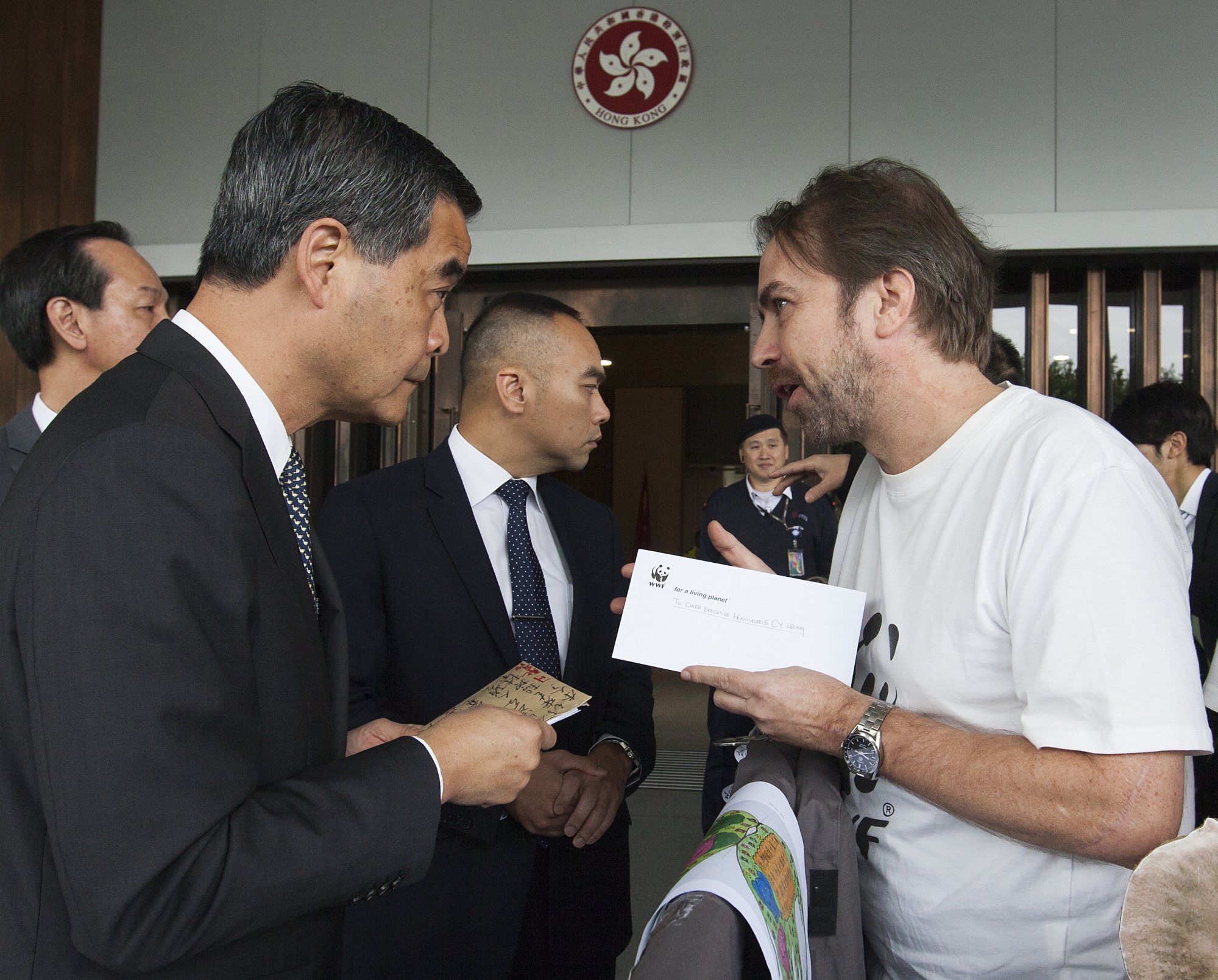
“To be successful in conservation involves engagement with business, government and civil society. The EMBA gives a really good grounding for that and invaluable insights. When investing 18 months of my time, I wanted to find the best education I could get.”
A course on the psychology of groups had special value for someone involved in managing campaigns and framing messages. But Edwards also enjoyed modules covering business strategy, organisational change and managing reputational risk.
“It has been easier to have those ‘first conversations’ in the last 10 years,” he says. “More companies are starting to step up and make changes. This is the beginning of a paradigm shift because people and businesses are beginning to understand climate change and nature loss as an existential threat, that they have a dependency on nature, and that the transition needed will also provide new business opportunities.”
[ad_2]
Source link
